Nano is a peer-to-peer payment system blockchain launched in 2014 by Colin LeMahieu. The project was initially known as RaiBlocks, and its native token was XRB. However, in 2018, it was rebranded as Nano, and in 2021, its native token was renamed to XNO.
Nano created a blockchain that allows for quick transactions at no cost to its users. Transactions on the Nano blockchain are completed in a fraction of a second and at no cost to the user. This is in contrast to most other blockchains, where transactions can take several minutes to complete, and users must pay transaction fees to carry out transactions. Furthermore, Nano is built with a different ledger technology called directed acyclic graph (DAG). This enables very high transactional throughput, in the 1,000 transactions per second range.
The XNO token is the Nano blockchain's native token, and it is used for various purposes, including microtransactions, banking infrastructure, online and in-store payments, remittances, foreign exchange, and trading. One of the most critical applications of the XNO coin is in the selection of its network validators, known as representatives.
Nano has forged several partnerships that have helped it strengthen its market position. Some noteworthy entities that constitute the Nano ecosystem include CryptoUK, University of East London, Alternative Airlines, Ledger, Atomic Wallet, Exodus, Guarda, Coinify, Simplex, CS:GO, Raiblocks MC, Quake III, SOS Kinderdorf, and Crypto for the Homeless.
How does Nano work?
Nano was created to facilitate global payments without transaction costs and instant finalization. Bitcoin was launched in 2009 as the first successful digital currency offering an alternative to traditional fiat currencies. However, Bitcoin had problems, and Nano was developed partly to try and fix those problems.
The first problem was that Bitcoin could not scale easily because every node on the blockchain had to have a complete copy of the blockchain stored and updated for each transaction. The process of maintaining the blockchain became difficult as the network grew. Bitcoin also had latency problems, and transactions took a long time to confirm because of the Proof of Work consensus (PoW) model. The PoW consensus model is also very energy-intensive, requiring significant processing power.
To solve these problems, Nano was launched, running a version of the Proof of Stake (PoS) consensus model known as Delegated Proof of Stake (DPoS). In addition, the Nano blockchain runs a unique version of DPoS known as the Open Representative Voting system. In this consensus system, holders of the XNO token vote for representatives who act as validators, confirm transactions, and secure and update the blockchain.
The Open Representative Voting consensus system is much less energy intensive than the PoW consensus mechanism and poses no environmental threat. According to data from payments solutions provider Wirex, 15 million transactions on the Nano blockchain require less energy than a single transaction on the Bitcoin blockchain.
Nano also runs on a blockchain with what is known as a block-lattice approach to generating blocks. Using this model, each user on the Nano blockchain has their blockchain linked to their account. When a transaction is carried out between two users, both their blockchains are updated to show the transaction that has taken place. Using this approach, transactions can be finalized instantly. This is because, unlike most other blockchains, Nano does not have to validate all the transactions carried out at a specific time before updating the blockchain.
The blockchains connected to each account are updated, and transactions are finalized immediately. To keep the blockchain coherent, the representatives vote on the validity of transactions by confirming that the total amount of all XNO tokens in the accounts on the blockchain is equal to the amount of the total amount of XNO tokens in circulation.
XNO price and tokenomics
During Nano's initial founding as RaiBlocks, 340 million XRB tokens were set as the initial maximum supply and distributed to the public through a crypto faucet. A total of 126,248,289 XRB tokens were released this way. In addition, the Nano developer fund held 7 million XNO tokens, resulting in a total of 133,248,290 XNO tokens in circulation. After the faucet's closure, the Nano team burned 207,034,069 Nano coins by sending them to an unrecoverable burn address.
When Nano was first launched as RaiBlocks, there was a 340 million XRB initial maximum supply, and tokens were distributed to the general public using a mechanism called a crypto faucet. Through the faucet, 126,248,289 XRB tokens were made available to users. That, combined with the 7 million XNO tokens in the Nano developer fund, brings the total amount of XNO tokens in circulation to 133,248,290 XNO. After the faucet was shut down, the Nano team sent 207,034,069 tokens to a burn address.
On January 2, 2018, XNO reached an all-time high of $33.69. This was also when the project's name was changed from RaiBlocks to Nano. XNO does not have a mining or creation process because the people who run nodes on the network are not rewarded for keeping the network running. XNO has been fully diluted, and the entire supply of XNO tokens is now in circulation. There will be no new XNO tokens created in the future.
About the founders
Nano was founded in October 2015 by Colin LeMahieu, an accomplished software engineer and developer who has previously worked with tech giants like Qualcomm, AMD, and Dell. LeMahieu is also the founder of Nano Foundation, a non-profit organization that oversees the Nano projects. Alongside LeMahieu, Nano Foundation is headed by foundation director George Coxon and general counsel Maulin Shah.
Nano was first launched as RaiBlocks in 2014 with the release of the XRB tokens. The XRB tokens were released to the public via a captcha challenge which anyone could enter and complete captcha challenges to earn XRB tokens. The distribution method was chosen to ensure a fair distribution of the token, as anyone could get as many tokens as they were willing to put in the work.
The project was rebranded to Nano in January 2018 to reflect its lightweight design and one of its use cases — microtransactions. In November 2021, Nano coin's ticker was also changed from NANO to XNO. This was done to comply with the globally recognized international organization for standardization (ISO) requirements.
Nano highlights
XNO payments in India
As the global adoption of Nano as a payment system and XNO as a worldwide currency continues, Nano has taken a big step forward in India. A restaurant in Kolkata, India, the Vyanjan restaurant, has started accepting XNO payments for purchasing goods. In a blog post detailing the reason for choosing XNO above other cryptocurrencies, the restaurant said Nano's design made it especially suited for day-to-day payments of small amounts, like buying groceries and food.
Coin Cloud ATM integration
Leading cryptocurrency ATM services provider Coin Cloud has announced that it is adding XNO to the list of cryptocurrencies supported by the company. Coin Cloud has 6000 cryptocurrency ATMs in locations worldwide, and now XNO token transactions can be carried out on those ATMs.
NOWPayments adds XNO payments
Cryptocurrency payment services provider NOWPayments has announced that XNO will be added to its Switchere product. Switchere is a crypto payments service provider that allows merchants and businesses to accept payments in cryptocurrency and withdraw those payments in fiat currency. Switchere users can now accept XNO payments and seamlessly withdraw funds in fiat currency.












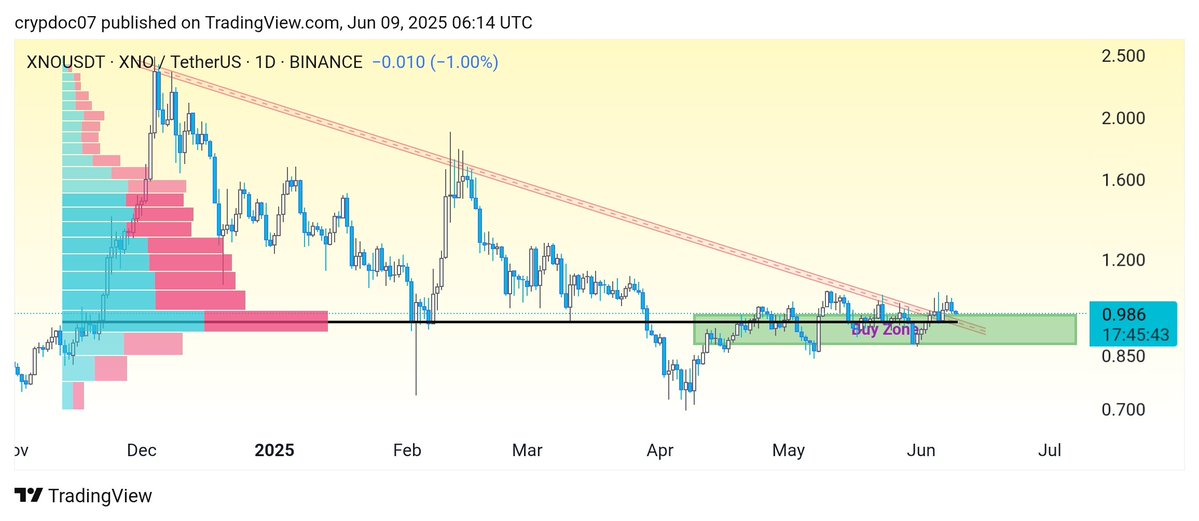
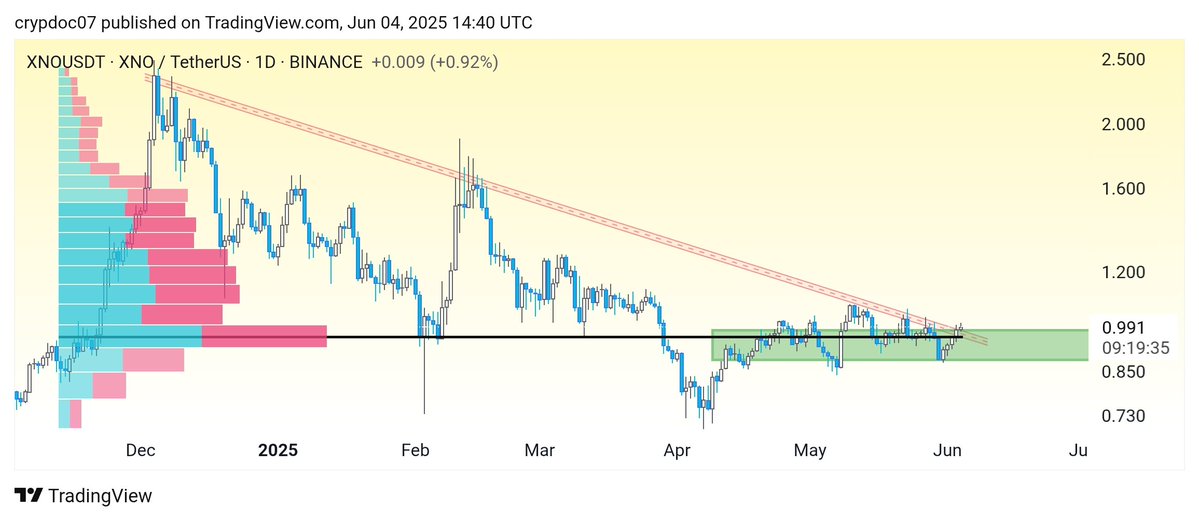
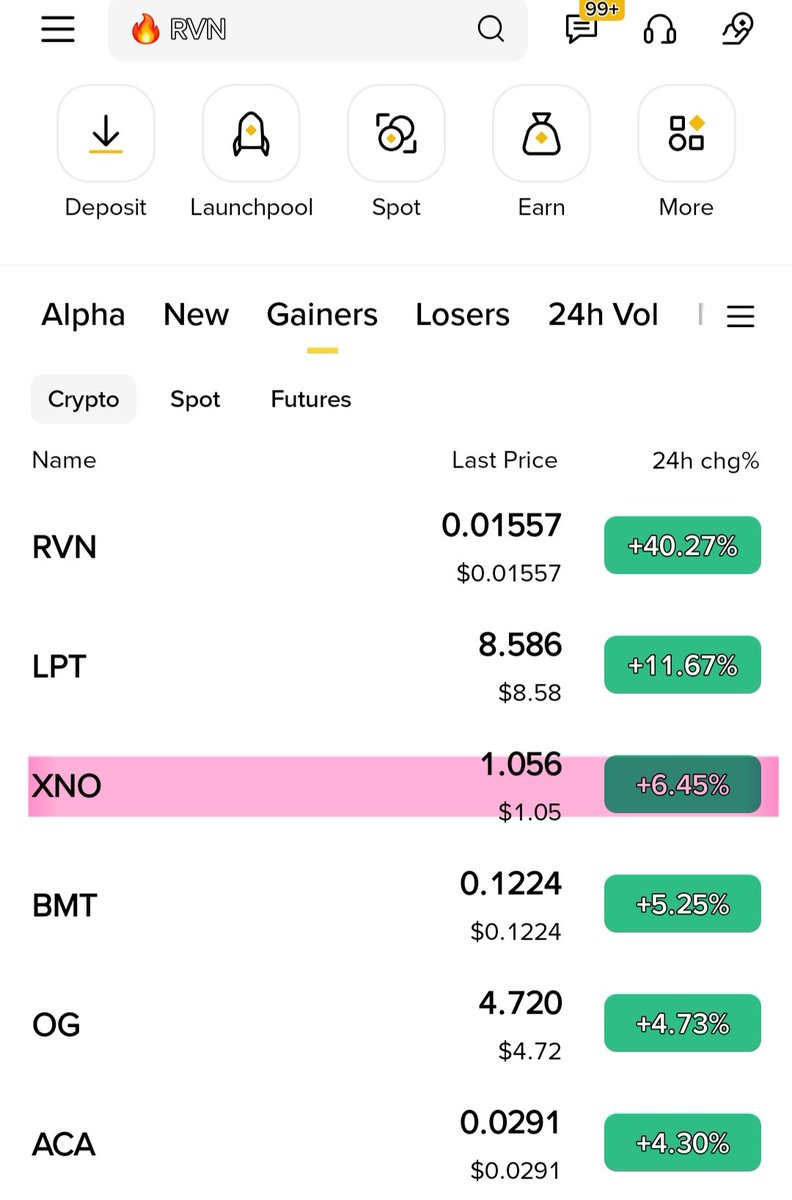



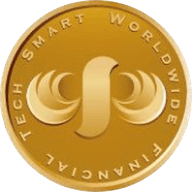



























Socials